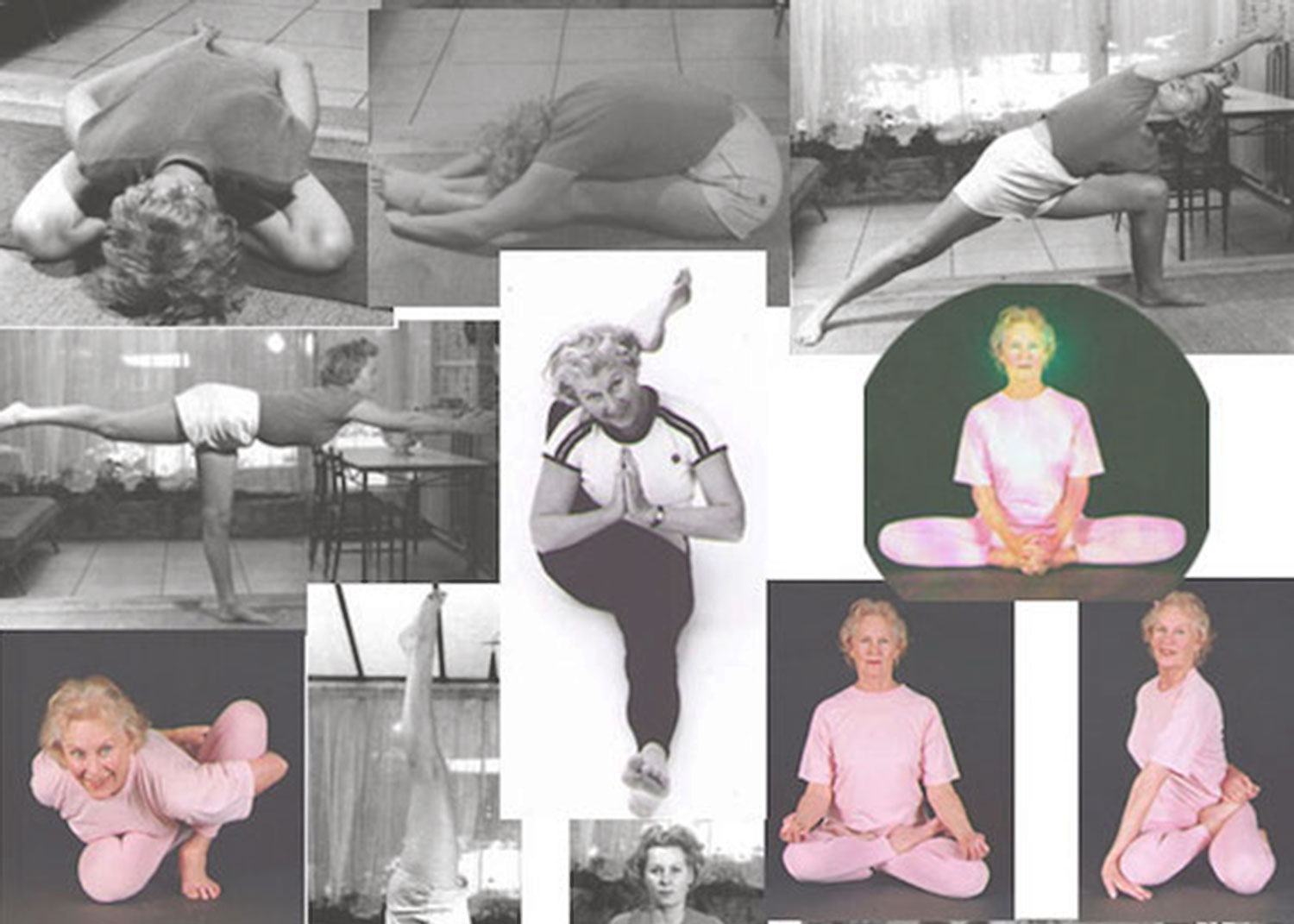
Archive
On yoga and similar subjects
China: Yoga Superpower
A decade ago, hardly anyone in China practiced yoga. Now it's almost as popular as in America. Recently, China and India staged a "yoga summit". Aged 92, B.K.S. Iyengar taught a masterclass. He urged the Chinese to practice deeply, for liberation. The one-party state appears enthused. Yoga isn't seen as a threat like Falun Gong, or the Dalai Lama; it supports "social harmony". Besides, a summit organiser said: "China has a tradition of embracing foreign cultures and making them its own. That's why it's been so vibrant."
Pioneering Yogini
Last year, I met one of the world's first Iyengar yoga teachers. She attended B.K.S. Iyengar's first class in London, and was accredited at once, although she was an inexperienced housewife. When she started, hardly anyone taught yoga. To learn, you'd have to study in an ashram, or read an esoteric book. That's what Diana Clifton did. The tome that led her to Iyengar was also written by a woman - Indra Devi. Like Diana, she'd once been exhausted and frustrated, but wrote about how yoga changed her life.
How I Found Yoga
In some ways, my first proper yoga class was dull. I didn’t spontaneously levitate; nor were we asked to try, let alone fail, to wrap our knees behind our heads and lie down. Instead, we lined up on what felt like carpet underlay, in a room that resembled my junior school assembly hall. Back then, I was unemployed and depressed, smoking too much dope. The practice helped to quieten my mind and freed up space for new ideas. I felt re-energised, and eager to return. Many years later, I'm still learning.


